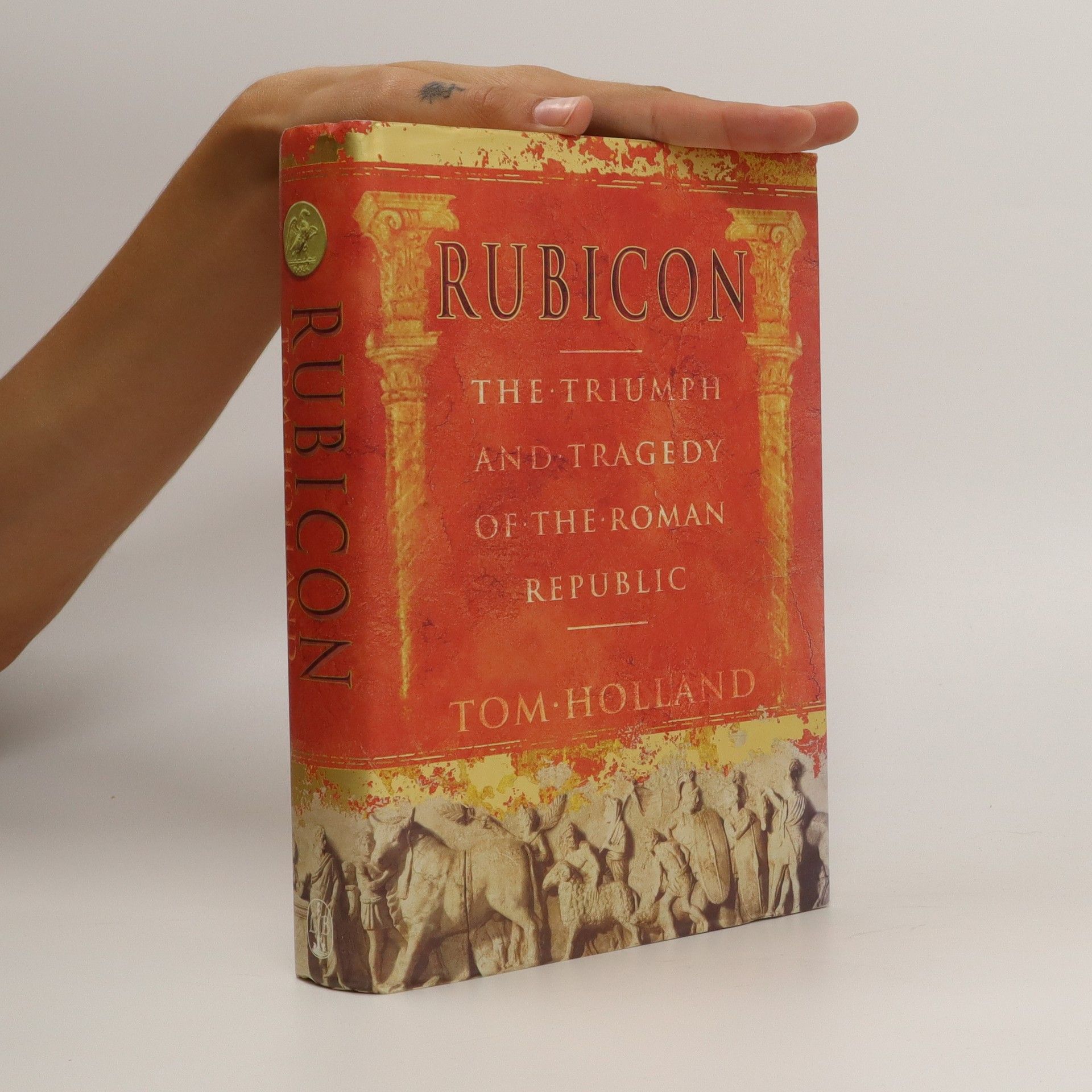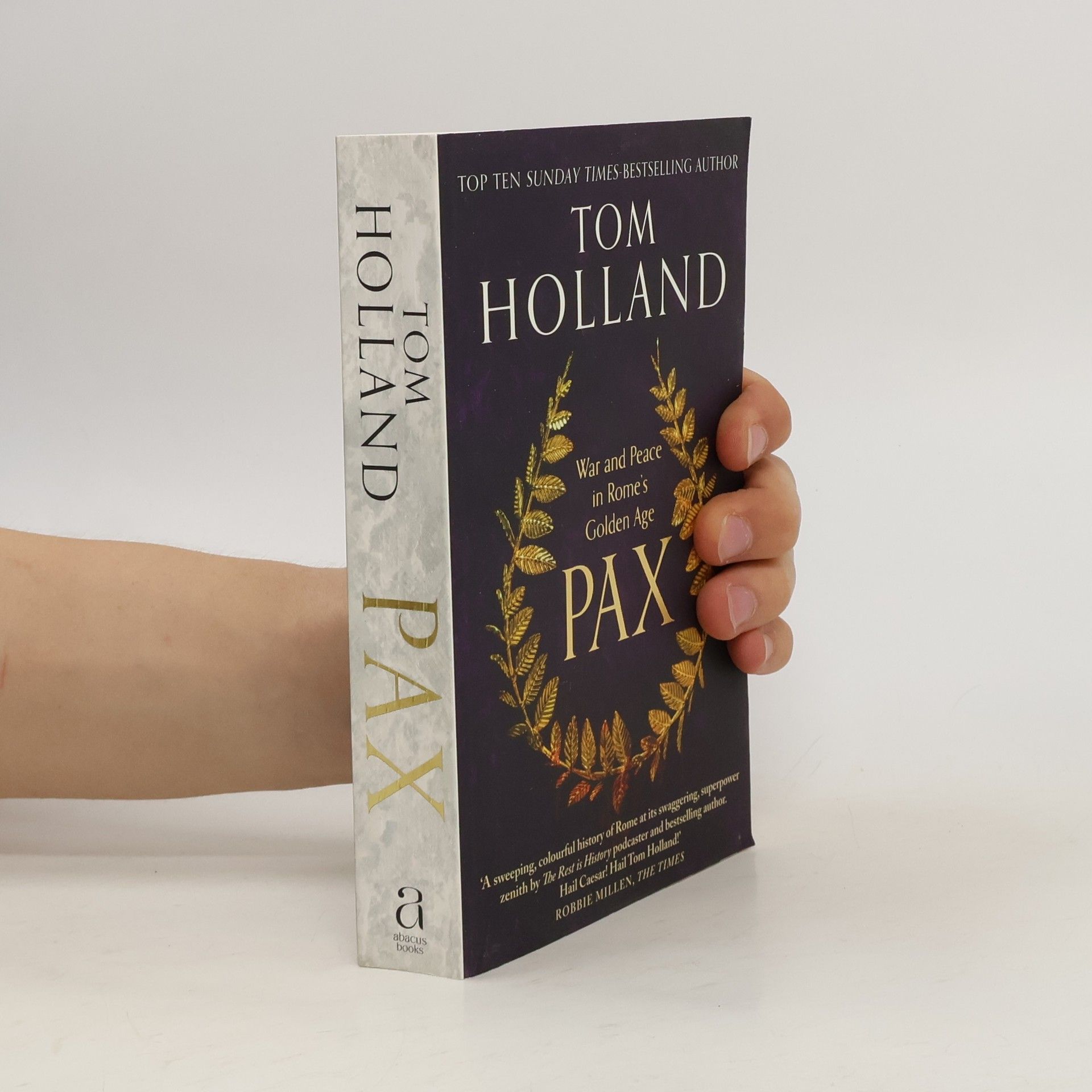Tom Holland Libri
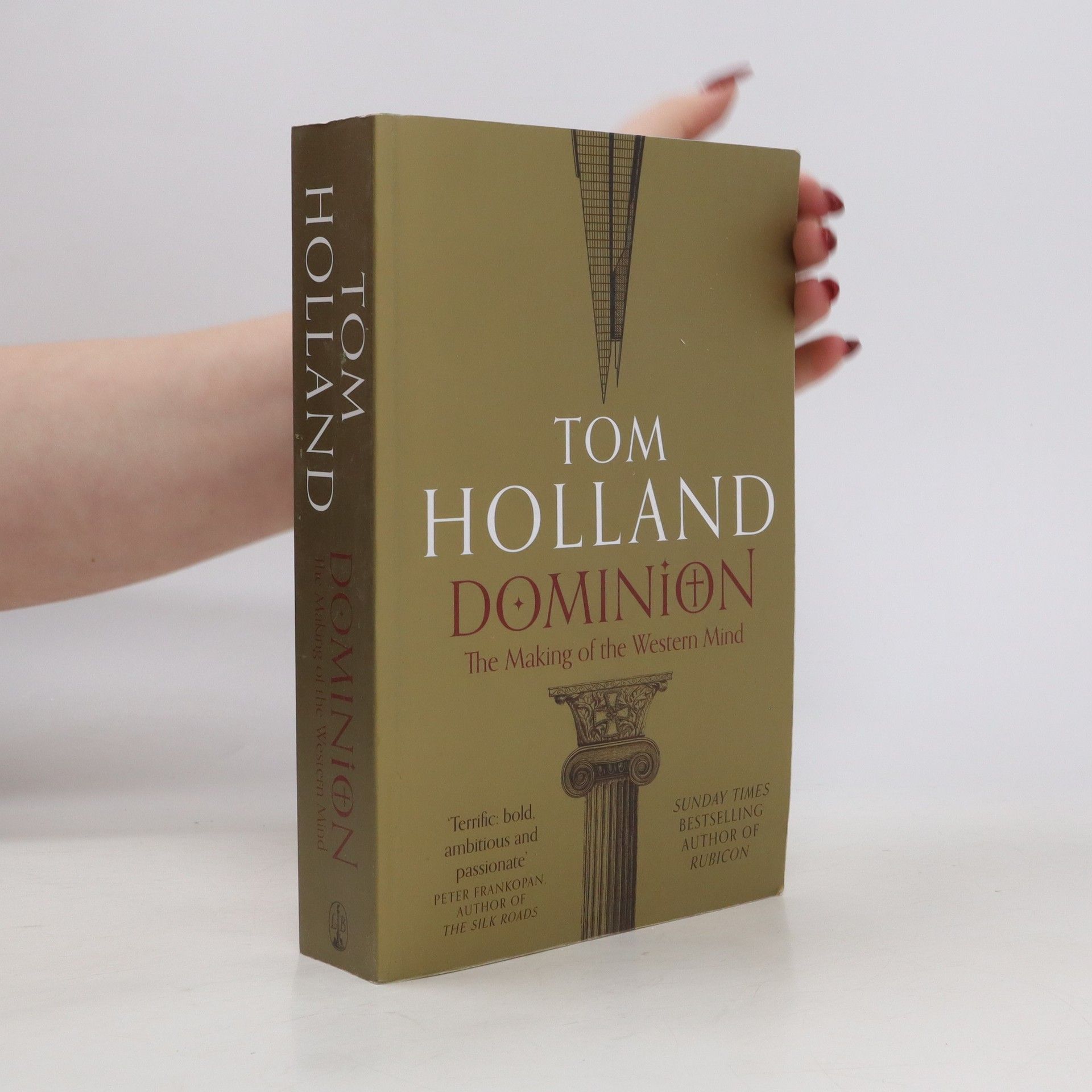

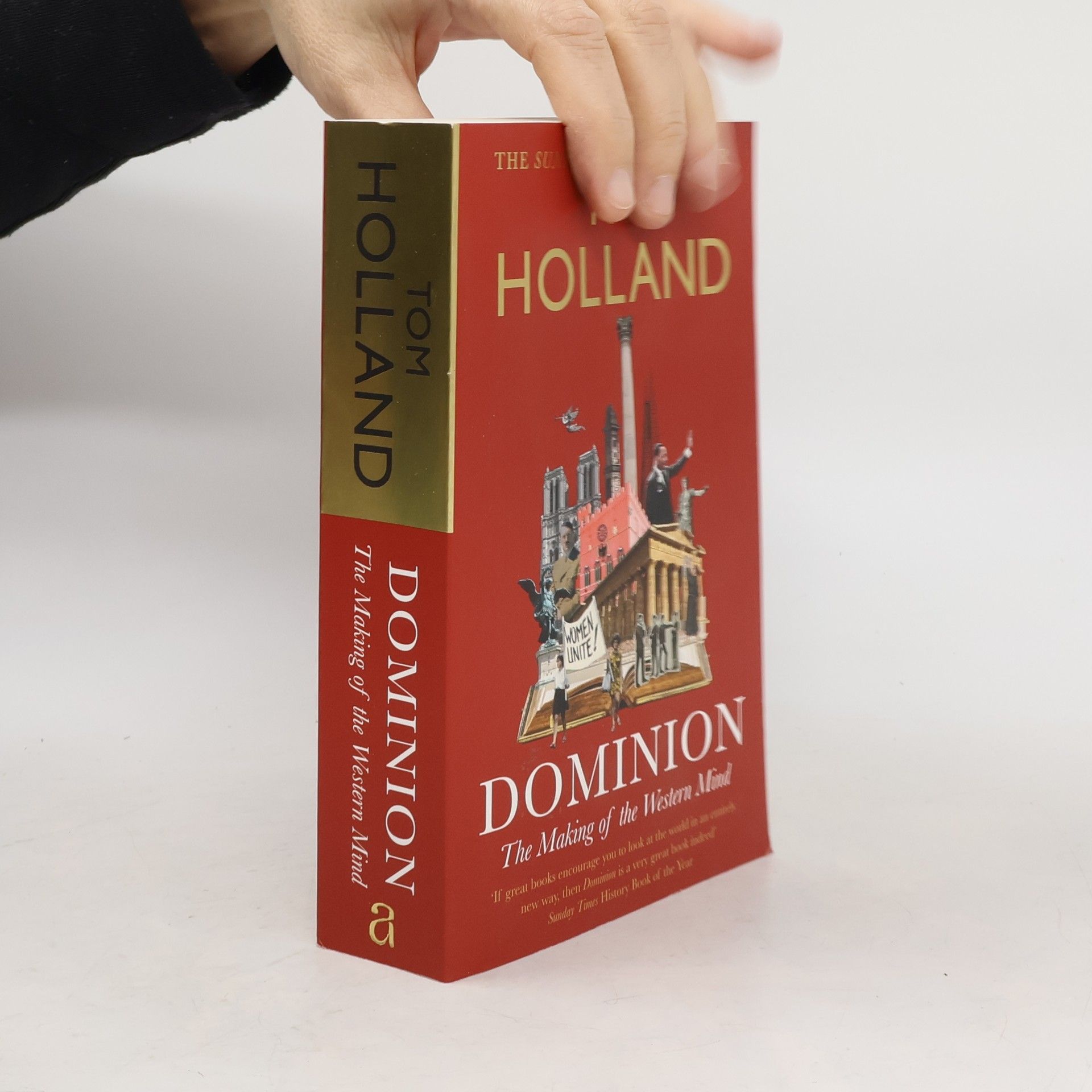


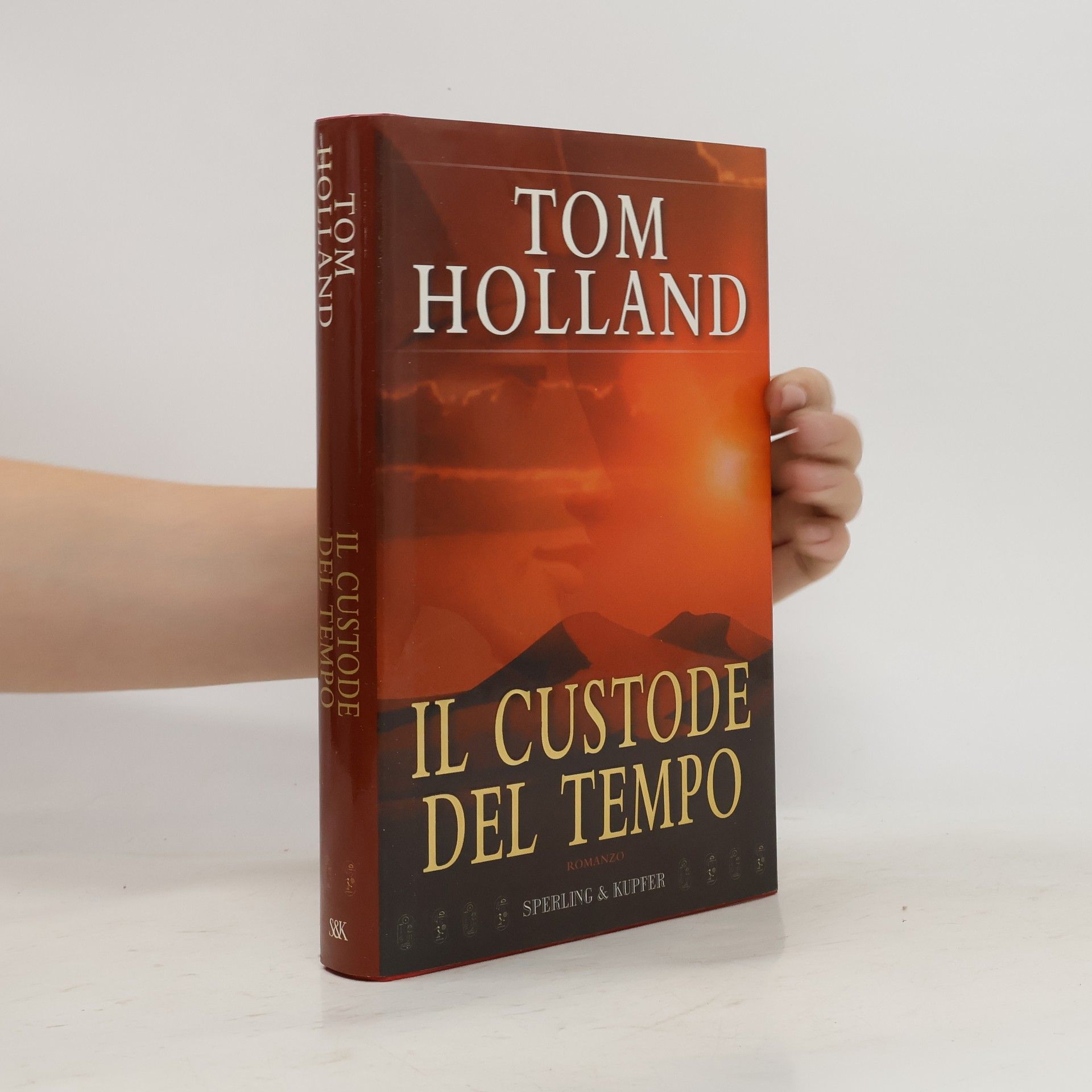
The Micro-workout Plan
- 224pagine
- 8 ore di lettura
This book shows you how to focus on micro-workouts that are just as effective as longer workouts.
Missing Lenses
How reading scripture with the first century church can help us find our lost identity
- 484pagine
- 17 ore di lettura
Focusing on the communal aspect of scripture, this book argues that the Bible is primarily addressed to the believing community rather than individuals. Tom Holland presents a compelling case that modern interpretations have overlooked the community's essential role in God's plan, leading to misreadings of key texts. This shift has resulted in a diminished experience of the promises of scripture for those living as a Spirit-filled people. Written for non-academic readers, the updated edition offers insights into the importance of community in understanding biblical teachings.
Dominion
- 624pagine
- 22 ore di lettura
'If great books encourage you to look at the world in an entirely new way, then Dominion is a very great book indeed . . . Written with terrific learning, enthusiasm and good humour, Holland's book is not just supremely provocative, but often very funny' Sunday Times
The Roman Republic was the most remarkable state in history. What began as a small community of peasants camped among marshes and hills ended up ruling the known world. Rubicon paints a vivid portrait of the Republic at the climax of its greatness - the same greatness which would herald the catastrophe of its fall. It is a story of incomparable drama. This was the century of Julius Caesar, the gambler whose addiction to glory led him to the banks of the Rubicon, and beyond; of Cicero, whose defence of freedom would make him a byword for eloquence; of Spartacus, the slave who dared to challenge a superpower; of Cleopatra, the queen who did the same. Tom Holland brings to life this strange and unsettling civilization, with its extremes of ambition and self-sacrifice, bloodshed and desire. Yet alien as it was, the Republic still holds up a mirror to us. Its citizens were obsessed by celebrity chefs, all-night dancing and exotic pets; they fought elections in law courts and were addicted to spin; they toppled foreign tyrants in the name of self-defence. Two thousand years may have passed, but we remain the Romans' heirs.
Dominion: The Making of the Western Mind
- 594pagine
- 21 ore di lettura
Christianity is the most enduring legacy of the ancient world and its emergence marks a transformative development in Western history. Even those in the West who have abandoned their ancestral faith and view religion as mere superstition remain its heirs. While the divide between skeptics and believers may seem unbridgeable, Christianity's impact is evident in areas often seen as its opposites, such as science and secularism. This exploration places the evolution of our thoughts and identities within a broad historical context, spanning from the Persian invasion of Greece in 480 BC to the current migration crisis in Europe, and from Nebuchadnezzar to the Beatles. It delves into what made Christianity revolutionary and how it saturated the mindset of Latin Christendom. Despite growing skepticism towards religion, many Western instincts remain deeply rooted in Christian thought. The aim is twofold: to highlight the novelty of early Christian teachings and to reveal how our contemporary perspectives may also appear strange when viewed through this historical lens. We find ourselves at the culmination of a profound transformation in understanding humanity, one that can only be fully appreciated by tracing its arc over millennia.
The Wolf-Girl, the Greeks and the Gods: a Tale of the Persian Wars
- 208pagine
- 8 ore di lettura
Set against the backdrop of the Persian Wars, the narrative follows young Gorgo, the princess of Sparta, who is warned of an impending invasion by her dying mother. As the drums of war sound, Gorgo, infused with the blood of gods, navigates a treacherous landscape of politics and vengeance. Her awakening supernatural powers position her as a key figure in defending Sparta against a formidable empire. This retelling blends mythology with historical grit, enhanced by Jason Cockcroft's stunning illustrations, creating a captivating and memorable story.
Pax: War and Peace in Rome´s Golden Age
- 448pagine
- 16 ore di lettura
The definitive history of Rome's golden age - antiquity's ultimate superpower at the pinnacle of its greatnessThe Pax Romana has long been revered as a golden age. At its peak, the Roman Empire stretched from Scotland to Arabia, and contained perhaps a quarter of humanity. It was the wealthiest and most formidable state the world had yet seen.Beginning in 69AD, a year that saw four Caesars in succession rule the empire, and ending some seven decades later with the death of Hadrian, Pax presents a dazzling history of Rome at the height of its power. From the gilded capital to realms beyond the frontier, historian Tom Holland portrays the Roman Empire in all its predatory glory. Vivid scene follows vivid scene: the destruction of Jerusalem and Pompeii, the building of the Colosseum and Hadrian's Wall, the conquests of Trajan. Vividly sketching the lives of Romans both ordinary and spectacular, from slaves to emperors, Holland demonstrates how Roman peace was the fruit of unprecedented military violence.A stunning portrait of Rome's glory days, this is the epic history of the pax Romana.Praise for Tom Holland:'Terrific: bold, ambitious and passionate' Peter Frankopan'An exceptionally good storyteller with a marvellous eye for detail' The Economist'A book that completely transforms your understanding of the world' Spectator'Narrative history at its best' Ian McEwan, Guardian
Rubicon
- 406pagine
- 15 ore di lettura
The Roman Republic was the most remarkable state in history. What began as a small community of peasants camped among marshes and hills ended up ruling the known world. Rubicon paints a vivid portrait of the Republic at the climax of its greatness - the same greatness which would herald the catastrophe of its fall. It is a story of incomparable drama. This was the century of Julius Caesar, the gambler whose addiction to glory led him to the banks of the Rubicon, and beyond; of Cicero, whose defence of freedom would make him a byword for eloquence; of Spartacus, the slave who dared to challenge a superpower; of Cleopatra, the queen who did the same. Tom Holland brings to life this strange and unsettling civilization, with its extremes of ambition and self-sacrifice, bloodshed and desire. Yet alien as it was, the Republic still holds up a mirror to us. Its citizens were obsessed by celebrity chefs, all-night dancing and exotic pets; they fought elections in law courts and were addicted to spin; they toppled foreign tyrants in the name of self-defence. Two thousand years may have passed, but we remain the Romans' heirs.
Pax
- 448pagine
- 16 ore di lettura
The third in the epic trilogy narrating the history of the Roman Empire from renowned historian Tom Holland[Bokinfo].

